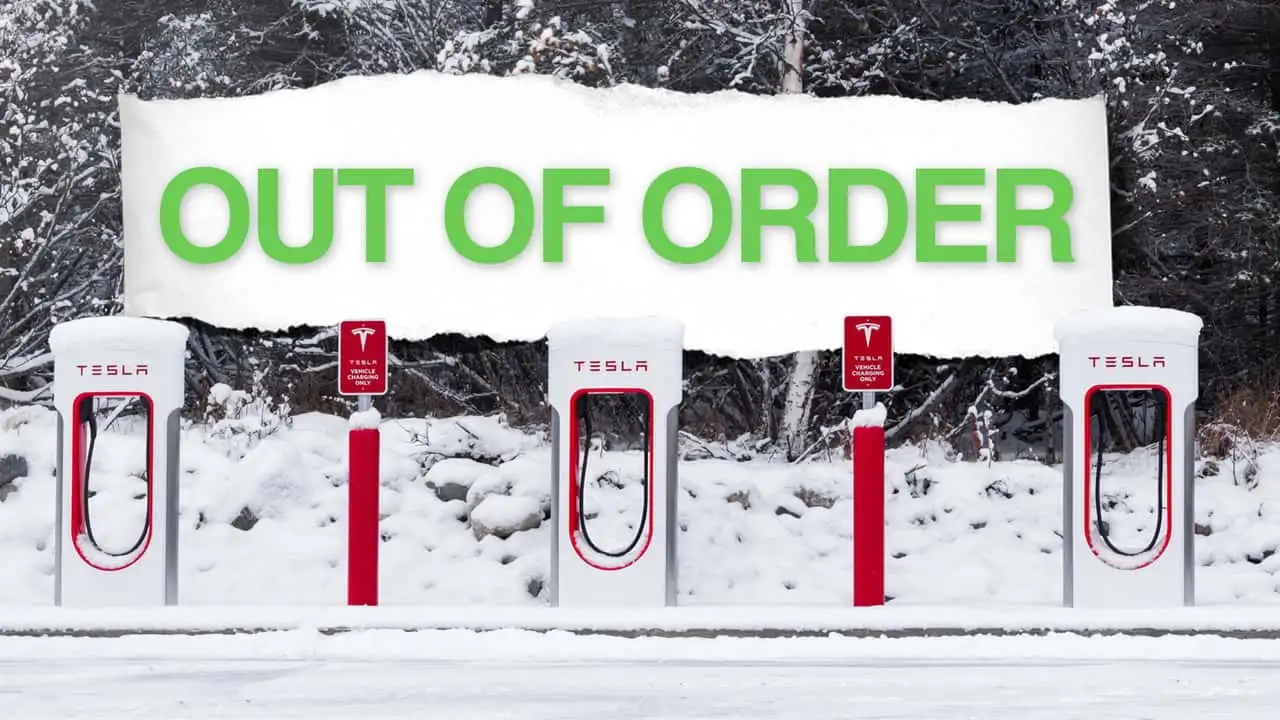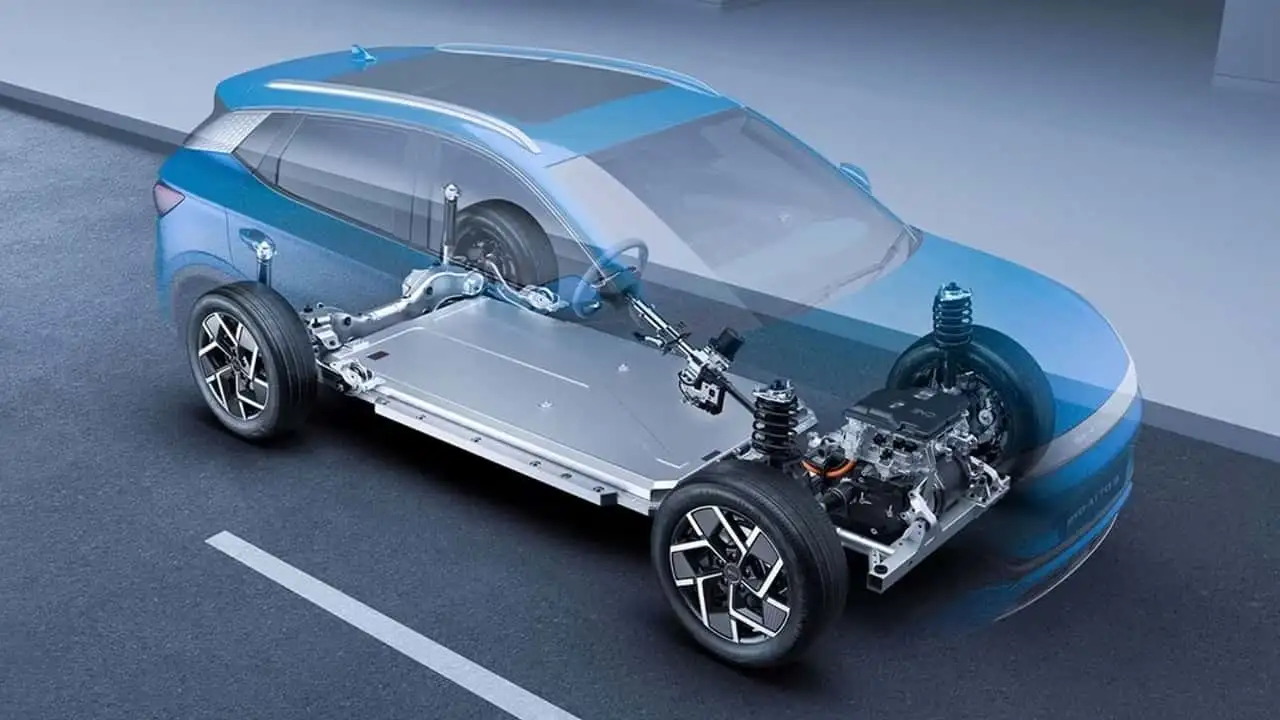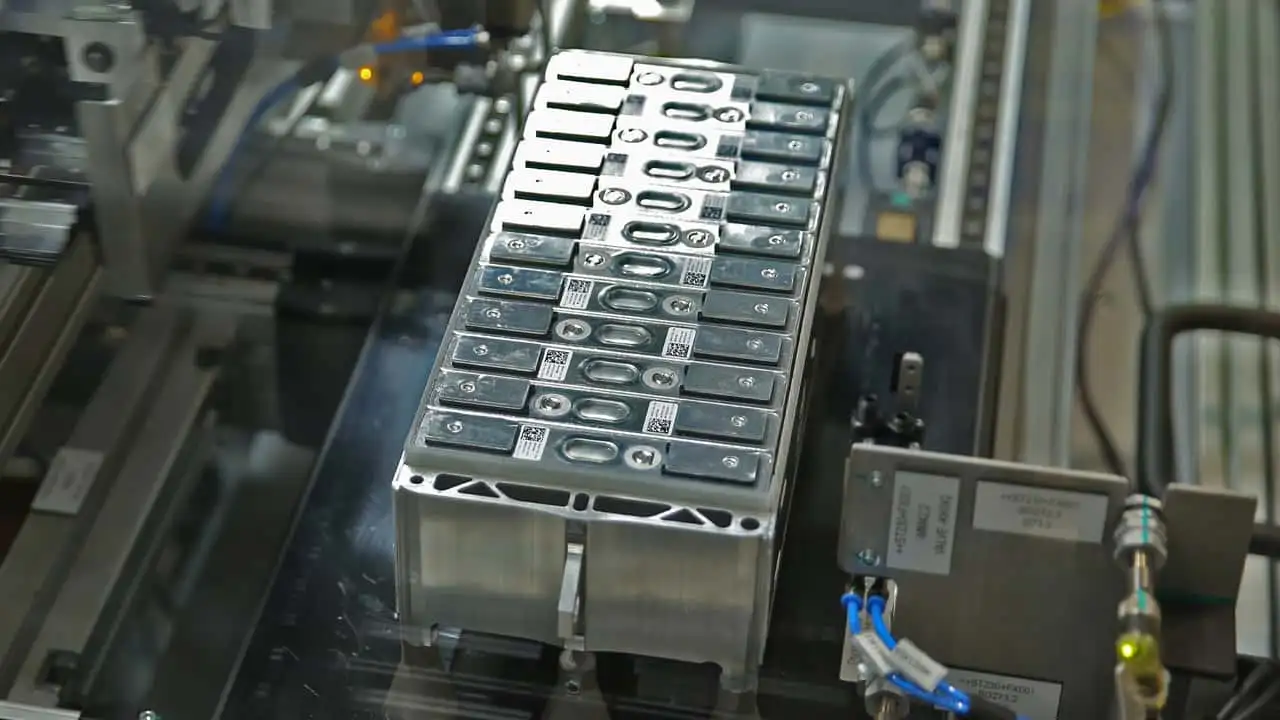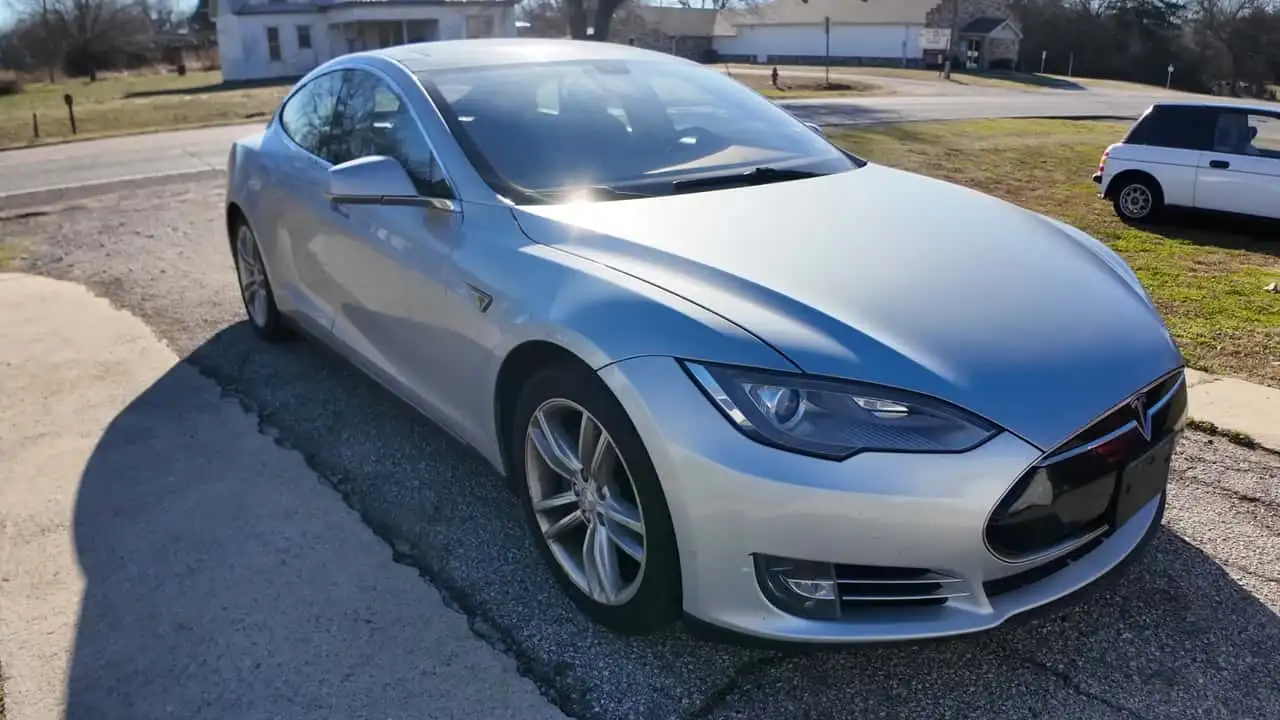Revamping EV Infrastructure in the U.S.
The U.S. government has committed $150 million to address the prevalent issue of malfunctioning electric vehicle (EV) chargers across the nation. Amidst growing concerns about the reliability of EV infrastructure, this funding aims to refurbish aging chargers in 20 states including California and New York. This initiative is part of the broader effort to meet the ambitious goal of deploying 500,000 public EV chargers by 2030.

Automotive Industry Seeks Restoration of R&D Tax Benefits

The automotive sector is advocating for a change in tax regulations to foster further innovation and development in the EV landscape. A shift in 2022 mandated that R&D expenses be amortized over five years, diluting immediate financial incentives for innovation. Industry leaders are now pushing for legislation that would allow 100% deductibility of these expenses in the first year, arguing that it would bolster U.S. competitiveness and innovation in emerging automotive technologies.
Europe Introduces ‘Battery Passports’ for EVs

Starting in 2027, the European Union will require new EVs to have a ‘battery passport’—a digital record detailing the battery’s origin, composition, and health. This initiative aims to enhance transparency and sustainability in the EV supply chain by providing detailed information about the sourcing and lifecycle of battery materials. This passport will help consumers make informed decisions based on the sustainability and longevity of the vehicle’s battery.

